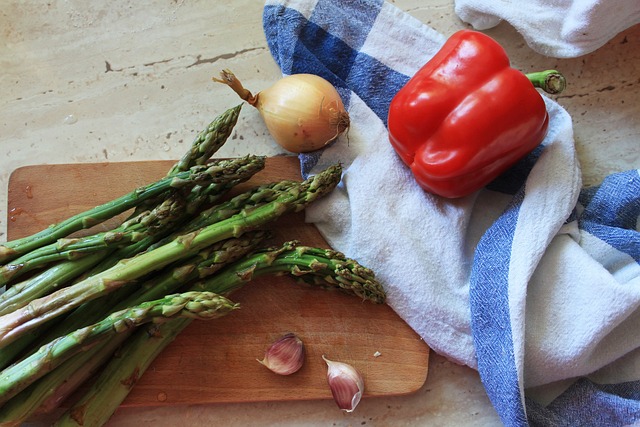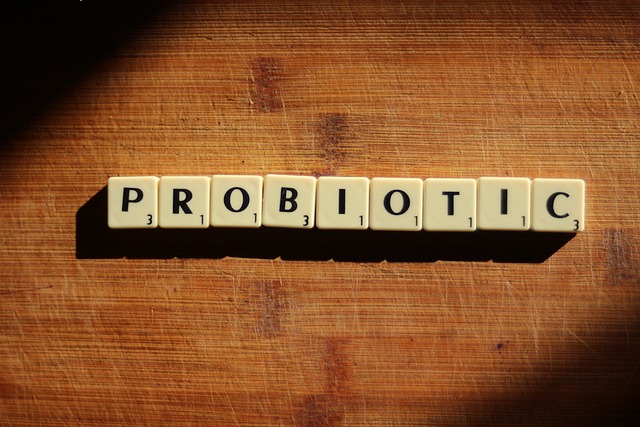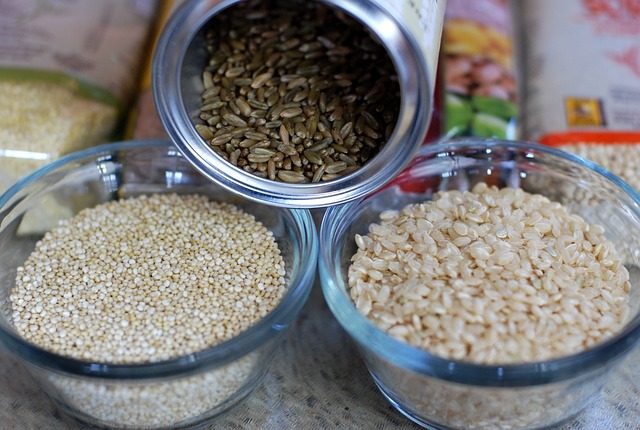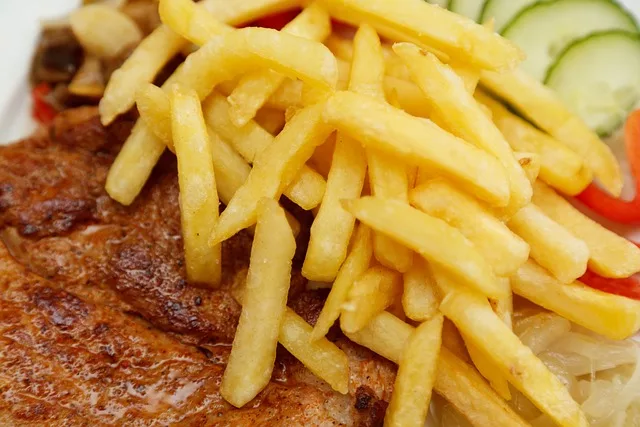From the desk of a seasoned natural health practitioner, the fascinating realm of digestive health unveils many intricacies, with prebiotics playing a monumental role. Over the years, as I’ve consulted one-on-one with numerous clients and taught dedicated courses on the subject, the profound impact of prebiotics on overall health is evident. Here’s a comprehensive exploration of these vital compounds, shedding light on their significance and the best ways to incorporate them into our diets.
Understanding Prebiotics
At the core, prebiotics are types of dietary fibers that act as food for the beneficial bacteria (probiotics) in our gut. Unlike probiotics, which are live bacteria, prebiotics are non-living substances that are resilient to heat, stomach acid, and the body’s enzymatic processes. This resilience ensures they reach the colon undigested, where they serve as essential fuel for the beneficial bacteria residing there.
The Key Roles of Prebiotics
- Stimulating the Growth of Beneficial Bacteria: By providing nourishment, prebiotics promote the proliferation of beneficial gut bacteria. This activity can bolster the gut’s microbial diversity, leading to a healthier digestive system.
- Aiding Digestive Regularity: The fermentation process of prebiotics in the large intestine can help maintain regular bowel movements, combatting issues like constipation.
- Boosting Nutrient Absorption: Through their action in the gut, prebiotics can enhance the absorption of crucial minerals, especially calcium and magnesium. This can be vital for bone health.
- Supporting Immune Function: A balanced gut microbiota, courtesy of prebiotics, can contribute to a robust immune system by creating an environment that’s unfavorable for pathogenic bacteria.
Sources of Prebiotics
While there are supplements available, many foods naturally contain prebiotics. Integrating these into one’s diet can be a holistic approach to harnessing their benefits:
- Vegetables: Asparagus, garlic, onions, leeks, and Jerusalem artichokes are all high in prebiotics.
- Fruits: Bananas, particularly those that are slightly green, are a good source.
- Grains: Whole grains, including barley, oats, and wheat bran, contain beneficial prebiotic fibers.
- Legumes: Lentils, chickpeas, and beans are also rich in prebiotics.
Recommendations for Integrating Prebiotics
- Diversify Your Diet: Just as diverse gut bacteria are vital for health, consuming a variety of prebiotic sources can foster different beneficial bacteria.
- Start Slow: For those unaccustomed to a high-fiber diet, ramping up prebiotic intake might cause temporary gas or bloating. It’s prudent to gradually incorporate prebiotic-rich foods.
- Consider Supplements: If dietary adjustments are challenging, prebiotic supplements can be a viable alternative. However, always consult with a healthcare professional before starting any supplementation.
In Conclusion
The symbiotic relationship between prebiotics and probiotics is a testament to the intricate design of our digestive system. As a natural health practitioner deeply entrenched in this realm, I’ve observed the tangible benefits that prebiotics confer upon my clients and students. In our modern world, where digestive ailments are rife, prioritizing these natural compounds can be the first step towards holistic digestive wellness. As always, it’s essential to approach health from a balanced perspective, acknowledging that prebiotics are just one piece of the vast puzzle of optimal health.
Digestive Health
-

Harness the Power of Prebiotics to Boost Gut Health NOW
From the desk of a seasoned natural health practitioner, the fascinating realm of digestive health unveils many intricacies, with prebiotics playing a monumental role. Over the years, as I’ve consulted one-on-one with numerous clients and taught dedicated courses on the subject, the profound impact of prebiotics on overall health is evident. Here’s a comprehensive exploration…
-

Understanding Probiotics and Prebiotics for Gut Health
-

Natural Digestive Support: 5 Herbal Teas You Need to Try
-

Alleviate Bloating Naturally with These Effective Remedies
-

The Healing Powers of Bone Broth: A Natural Remedy for Digestive Issues
-

9 Natural Remedies for Acid Reflux and Heartburn
-

Top 10 Foods to Avoid for Better Digestive Health








Leave a Reply